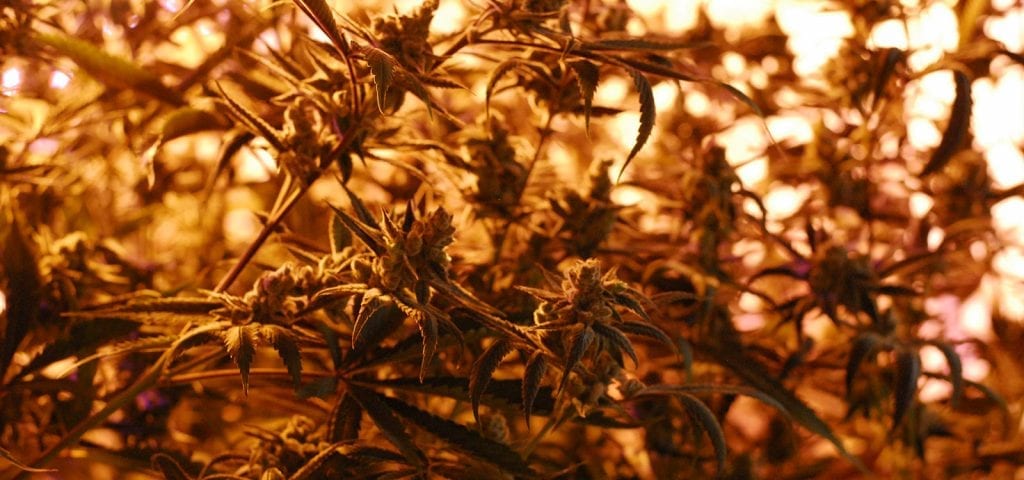Calling prohibition “unconstitutional,” the National Hispanic Caucus of State Legislators has penned a resolution demanding the federal decriminalization of cannabis and expunging of criminal records for “behavior that is legalized” in some states.
The resolution tracks the history of prohibition, beginning with the 1937 testimony to Congress of the first U.S. Treasury Department Federal Bureau of Narcotics Commissioner Harry Jacob Anslinger. In that testimony, Anslinger testified that “Spanish-speaking persons” were “low mentally” partly due to their cannabis use and that Mexicans sold “loco weed” to “mostly white high school students.”
Anslinger’s testimony led directly to the prohibition of cannabis in the U.S.
The caucus points out that the DEA spends $10 billion annually to fund anti-cannabis enforcement laws; while Colorado raised $76 million in tax revenue in 2014 and the overall crime rate in the state has dropped 10.1 percent since cannabis legalization in the state in 2012.
“… Decriminalization of recreational marijuana will ease the burden off the criminal justice system and law enforcement agencies, allowing police officers, judges, and prosecutors to focus on violent offenses and other criminal activity more deserving of priority, and freeing-up space in prisons and decreasing the budgetary impact from keeping marijuana users incarcerated,” the resolution says. “Whereas, regulated marijuana retailing greatly hinders black-market drug dealers, prevents marijuana’s (unproven but widely alleged) use as a gateway drug, and directs much-needed revenue to legal business owners, states and local governments instead of organized crime.”
The resolution is the second this week by state policymakers seeking to reform U.S. cannabis laws; on Tuesday the National Conference of State Legislatures passed their own resolution calling for removing cannabis from the Controlled Substances Act.
Get daily cannabis business news updates. Subscribe
End
